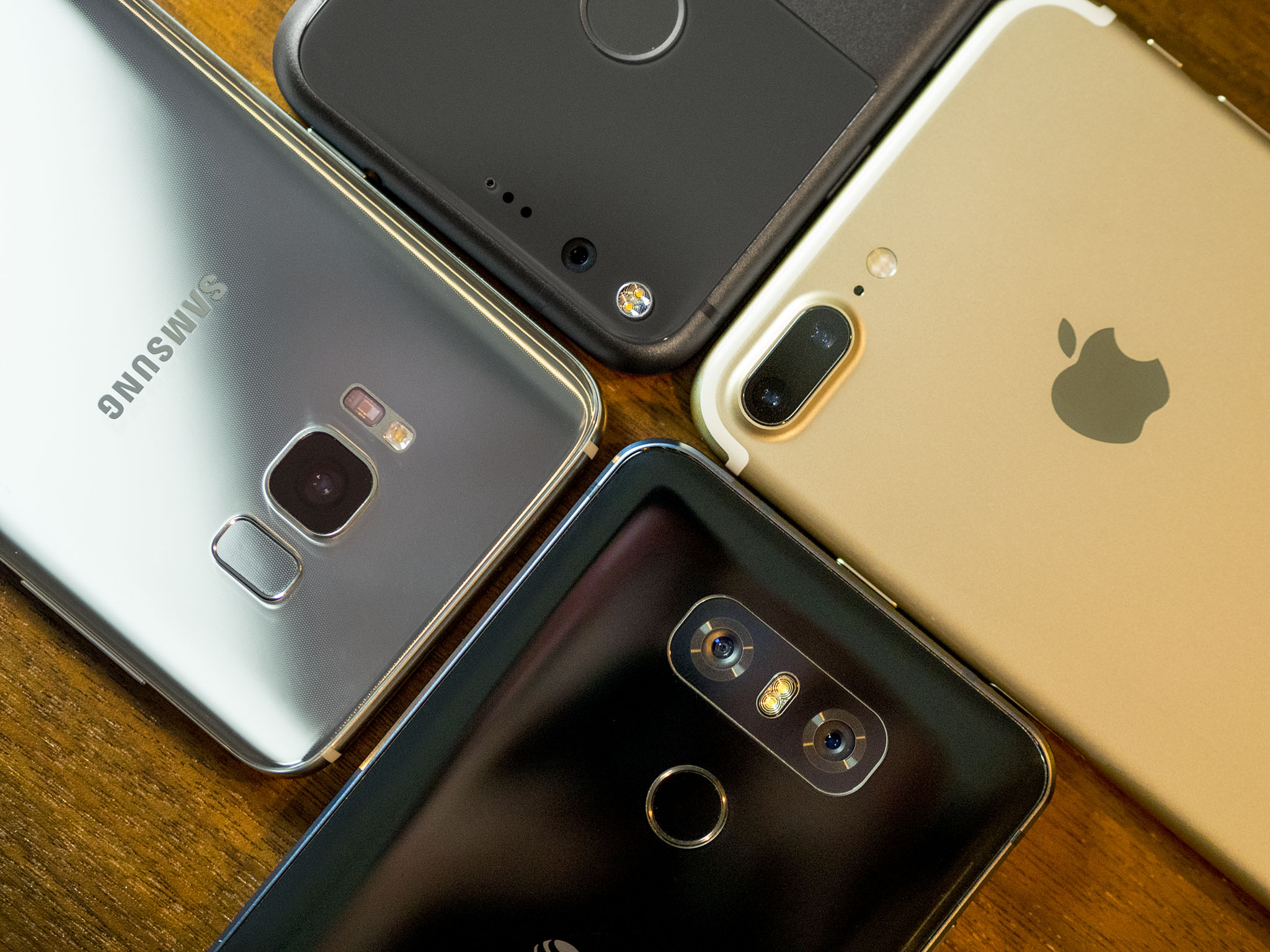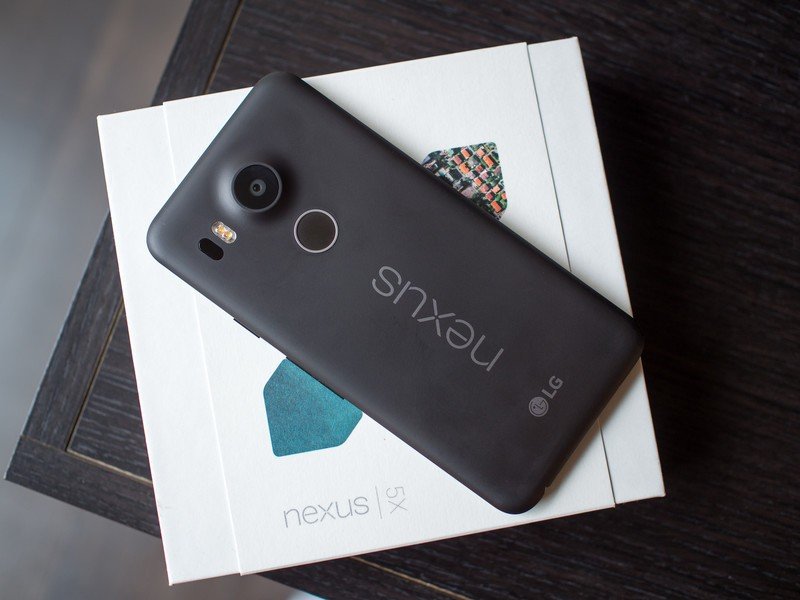Keeping the same phone for two years

I've been thinking about this for a while. Apple, Samsung, and Google are pricing their premium phones high enough to make a dent in most everyone's bank account. There's a lot of room to talk about phones, no matter how smart, being worth the asking prices, but talk probably won't change anything there. The prices are what they are, and we all expect to spend upwards of $900 on a new phone from any of the three the next time a new model comes along. If we buy one, that is.
As prices rise and hardware gets better, our phones will keep doing cool things longer than they used to.
And that's the thing. Along with the creeping prices, the features and parts used to build them are getting better, too. And I think we're at the point where a phone from almost any of the companies who make them could last two years, for even the enthusiast. That's us — people who read about phones on the internet because we love them enough to read about them.
I know some of us are already there. Pick any article about a new phone and there's a good chance you'll find someone happily keeping their Note 4 or Nexus 5, and people have been using iPhones for two to three years for a while now. The same goes for phones from LG, HTC, Motorola or anyone else. In 2019 we'll still see people who love their Axon 7. What used to be rare among the enthusiast crowd — keeping a phone because you like it and it still works fine — is a lot more common now. And that's one of those good things I like to mention every now and again.
Let's take Apple out of the picture here. An iPhone 5S is still a very usable phone because it was well built and Apple still supports it. There are people who bought one when it was first sold who will keep it until it stops working and an Apple Store employee helps them get a brand new model. Even the most die-hard Android fanatic has to recognize that Apple has nailed the after-sale support, and it's well worth paying for if you don't rush to buy the new thing every time it's shown to you.
Supporting a product costs a lot more than making it did.
Androids don't have that level of longevity. In a perfect world, Samsung puts its own processor inside every phone it sells, and it supports them for years. As long as it still turns on, it's fine. Samsung doesn't do this because it can't afford to put its Exynos processor inside every phone and it wouldn't be able to compete with the rest of the companies making Android phones if it had this sales model. The first might change once the courts sort out Qualcomm's fair-use patent pricing. But even then, Samsung just doesn't have the profit-per-unit (I'm sure there is a fancy accounting term for this) that Apple has and it can't make money this way. And the rest of the companies making Android phones? Pfffft. They would make one last model then disappear in a cloud of Chapter 13.
That's important. If you have a phone you want to use and it has some horrible glitch every time you try a certain thing, you need it fixed with an update. Of course, there are also security concerns, which is why Microsoft has to keep sending out updates for software it sold in 2002. These things matter to most of us, but what if your phone works just fine and you're not concerned about security? (You should be concerned about security, and you should lie to me if you're not so I can sleep at night.) That Note 4 does everything Joe wants it to do and does it well, so Joe is keeping it until it falls apart.
The reasons why phones can't be updated for a longer period makes sense, but that's a problem for a billion dollar company to sort out.
I think Joe might have the right idea. I was using my Nexus 5X yesterday and realized I could use it every day until it stopped getting monthly security patches in 2018. There will be cool things coming in the next software update for newer phones that I might like, but it does everything I need it to do just fine. The same can be said for a Galaxy S7 or an LG V10. They are great phones with stable software, and they still do everything they did when they were brand new. This isn't a brand thing because every company makes phones that someone just loves.
Be an expert in 5 minutes
Get the latest news from Android Central, your trusted companion in the world of Android

The only issue I see with keeping the Nexus 5X (or any phone) for two years or more is the software update situation. Because security updates are important to me, it probably matters more than it does for others, but we need to know the company who made it and took our money is willing to be there to fix whatever needs fixing when it comes to the software it runs. And unfortunately, you can't count on long-term support from any company in the Android space, even Google.
Keeping something you paid $900 for more than 12 months is not a crazy idea.
There are plenty of reasons why, and most of them make sense. But that doesn't matter because Apple and Microsoft can do it. We should expect the same service from a company as big as Google or Samsung or LG. Problems with component vendors or profit margins may be valid, but that's for the billion dollar companies to sort out and do whatever it takes.
We deserve better, and we deserve to be able to keep a $900 phone as long as we want. It would also mean we'll probably buy the same brand next time because we feel like we were taken care of. There is competition between the companies for more than just specs or screen resolution when it comes to our gadgets, and it needs to be just as important as how much RAM your next phone will have.

Jerry is an amateur woodworker and struggling shade tree mechanic. There's nothing he can't take apart, but many things he can't reassemble. You'll find him writing and speaking his loud opinion on Android Central and occasionally on Threads.
